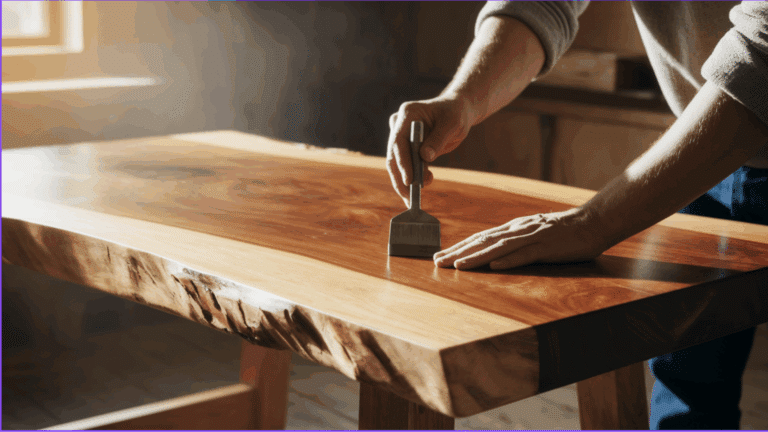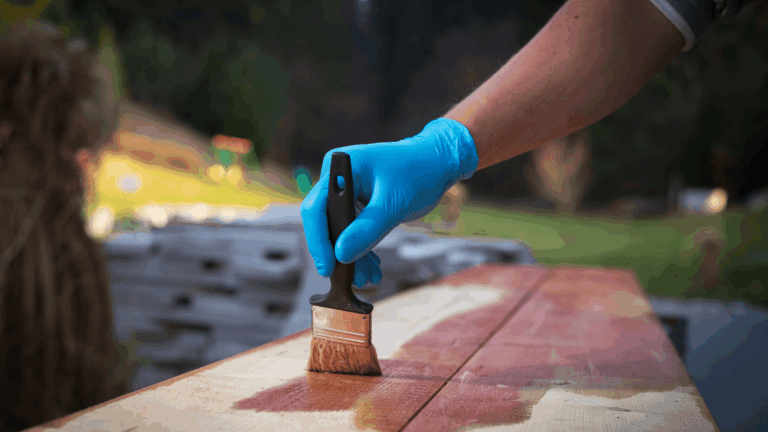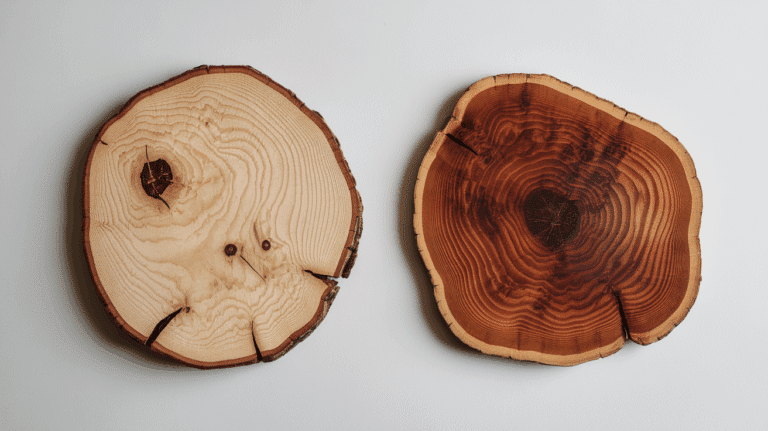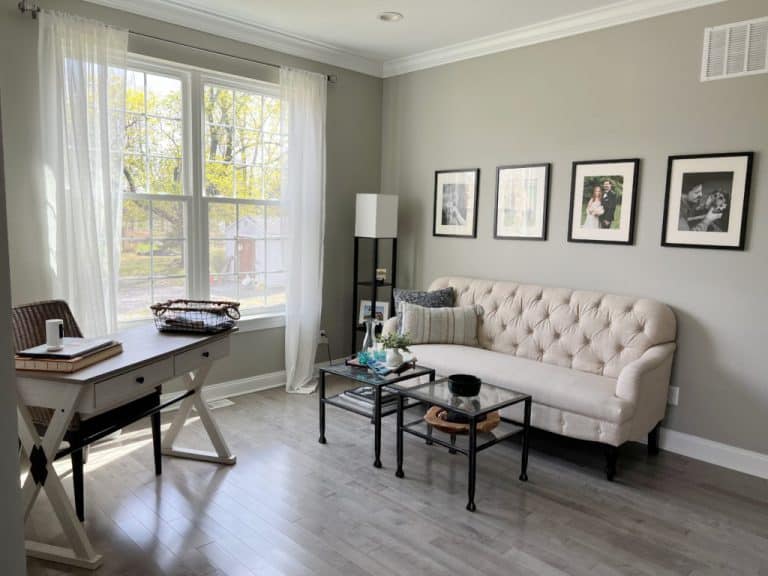7 Worst Vinyl Plank Flooring Brands to Avoid in 2025
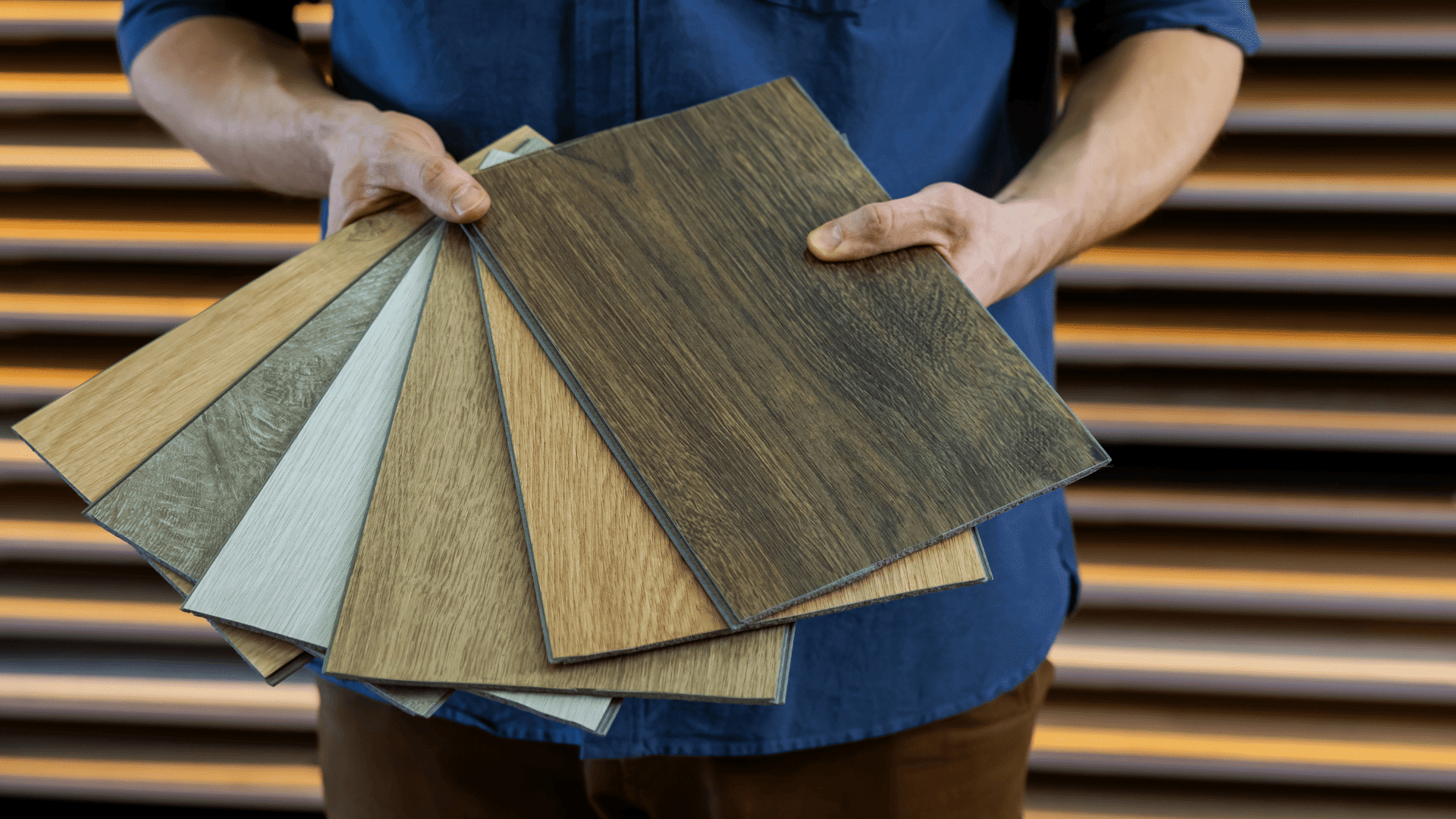
Vinyl has become a popular option when shopping for new floors for your home due to its cost-effectiveness and variety of styles.
However, not all vinyl flooring products meet the standards homeowners expect.
Some brands fall short in durability, design quality, and safety, potentially leading to frustration and additional expenses.
This article examines several underperforming vinyl flooring brands and highlights their common shortcomings.
By identifying these issues, you can avoid costly mistakes and select flooring that provides genuine value and longevity for your home, saving both money and frustration in the long term.
Why Vinyl Flooring is the Right Choice?
Vinyl flooring brings together the best of style and practicality, made from PVC with special ingredients that make it flexible and long-lasting. You can find it as sheets, fancy tiles (LVT), or planks that look like hardwood (LVP).
Here’s why vinyl flooring has become popular:
- Affordability: Vinyl is generally less expensive than natural materials like hardwood, stone, or ceramic tile, making it budget-friendly for many homeowners.
- Durability: It resists scratches, stains, moisture, and wear, making it suitable for high-traffic areas and spaces prone to spills.
- Water resistance: Vinyl flooring, especially when properly installed, provides excellent water resistance, making it appropriate for bathrooms, kitchens, and basements.
- Easy maintenance: It requires minimal care; regular sweeping and occasional mopping are typically sufficient.
- Comfort: Vinyl has some inherent softness, making it more comfortable to stand on for long periods compared to harder surfaces like ceramic tile.
- Simple installation: Many vinyl products feature click-lock or peel-and-stick systems that can be installed without professional help.
- Visual options: Modern manufacturing techniques allow vinyl to accurately mimic the appearance of natural materials like wood, stone, or ceramic at a fraction of the cost.
- Warmth: Unlike ceramic tile, vinyl doesn’t get cold underfoot in the winter months.
- Noise reduction: Vinyl tends to absorb sound rather than amplify it, creating a quieter environment.
These practical benefits have contributed to vinyl flooring’s widespread use in residential and commercial settings where people want an attractive, functional, and cost-effective flooring solution.
Worst Brands for Vinyl Plank Flooring
Not all vinyl plank flooring brands are created equal. Here’s a closer look at some of the brands you’d likely prefer avoiding.
1. ROSEROSA
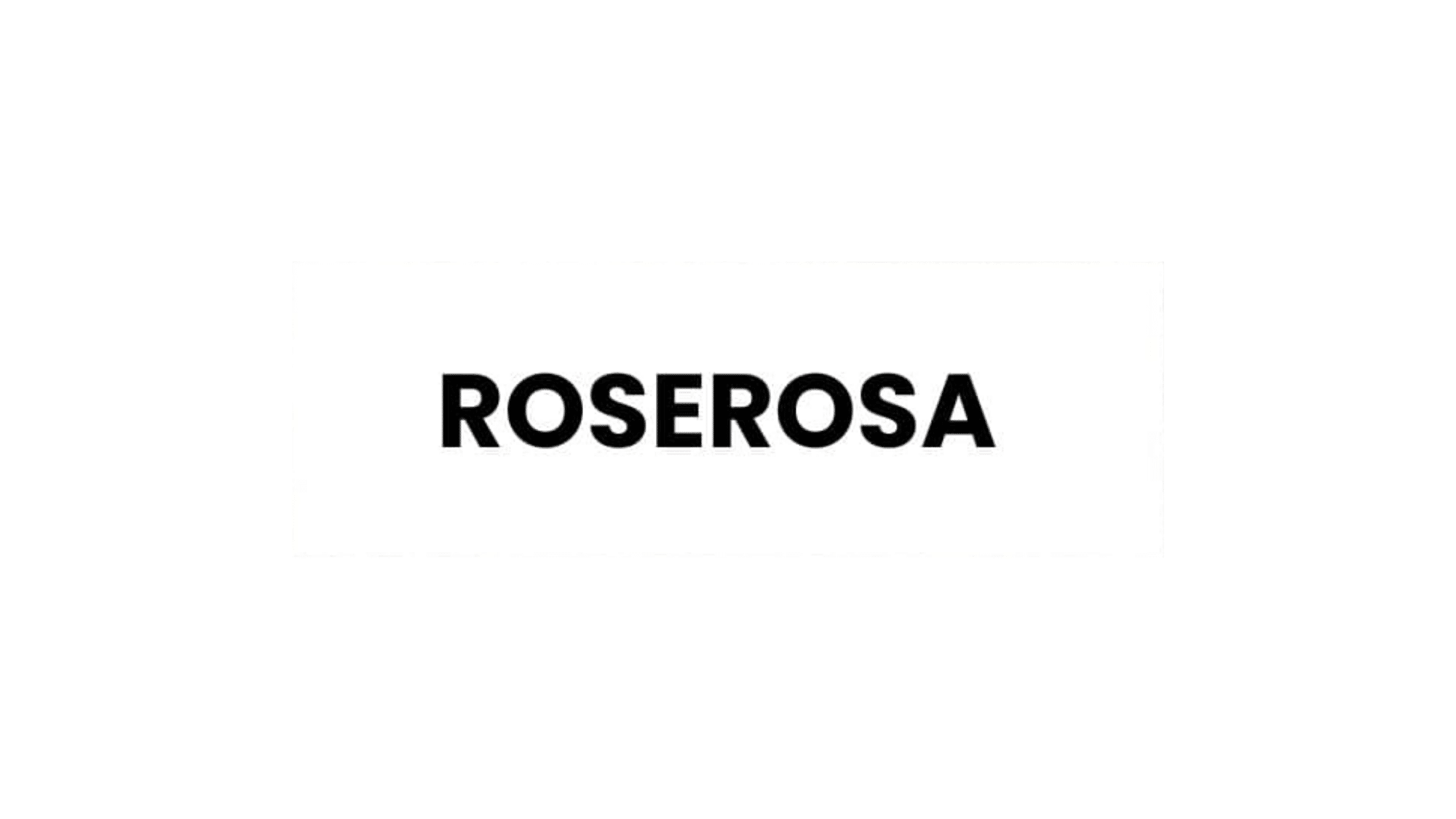
ROSEROSA’s peel-and-stick vinyl flooring offers budget-friendly pricing but suffers from significant quality issues. Adhesive failure occurs frequently, with edges curling up within months of installation.
The thin wear layer doesn’t stand up to regular use, and color variations between batches make larger installations problematic.
| PROS | CONS |
|---|---|
| Affordable price point | Poor adhesive quality |
| Easy DIY installation | Thin, easily damaged wear layer |
| Wide availability | Inconsistent color matching |
| No special tools needed | Limited water resistance |
| Variety of patterns | Edges curl up over time |
2. COREtec
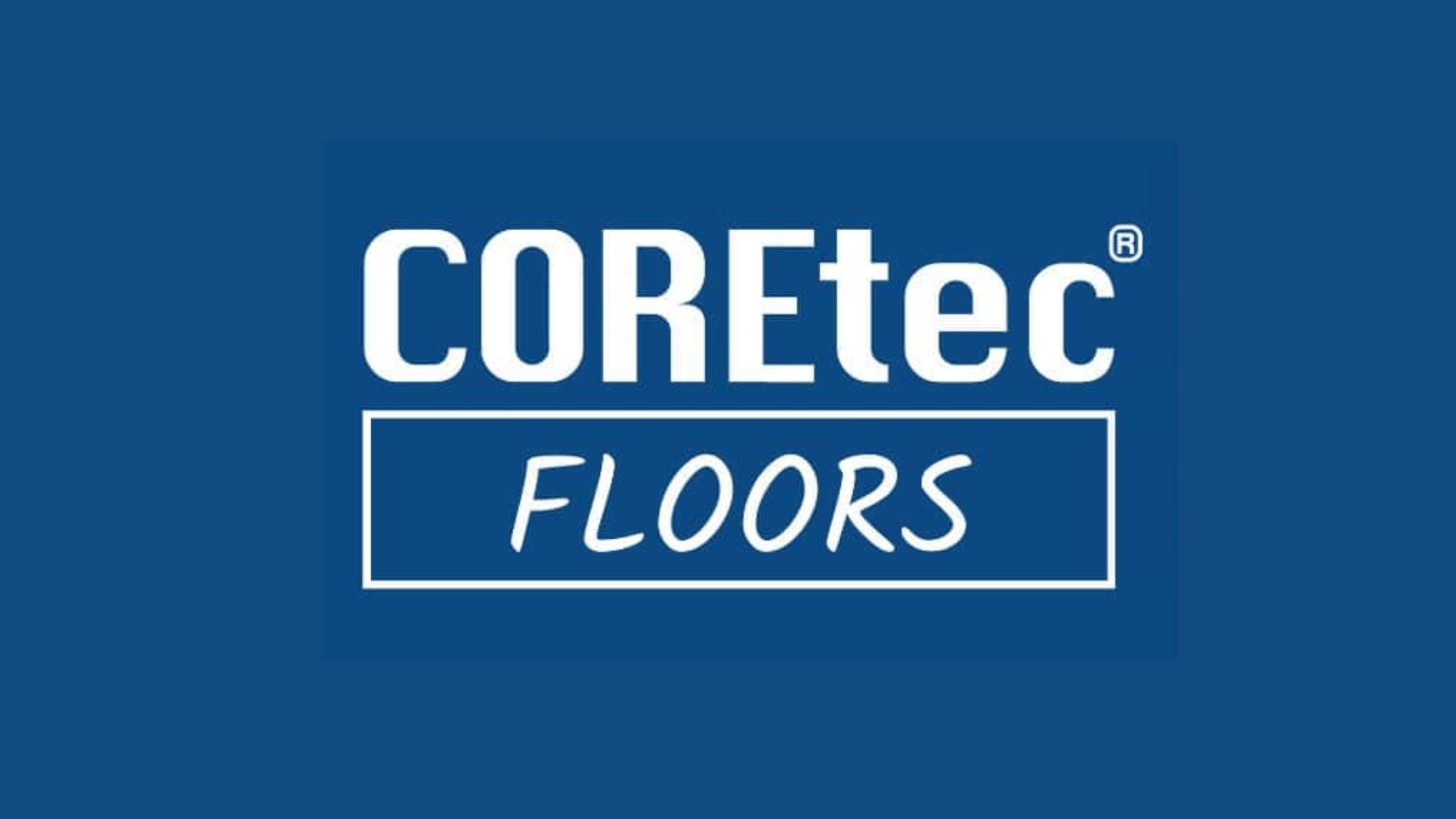
Coretec Floor products don’t deliver on their premium marketing claims. The locking mechanisms frequently fail over time, creating unsightly and problematic gaps.
Surface wear becomes visible much sooner than expected, and many customers struggle with warranty claims when issues arise.
| PROS | CONS |
|---|---|
| Good style selection | Faulty locking mechanisms |
| Decent thickness | Early wear patterns |
| Some water resistance | Poor customer service |
| Warranty offered | Difficult warranty claims |
| Rigid core construction | High cost for mediocre quality |
3. MIRUO
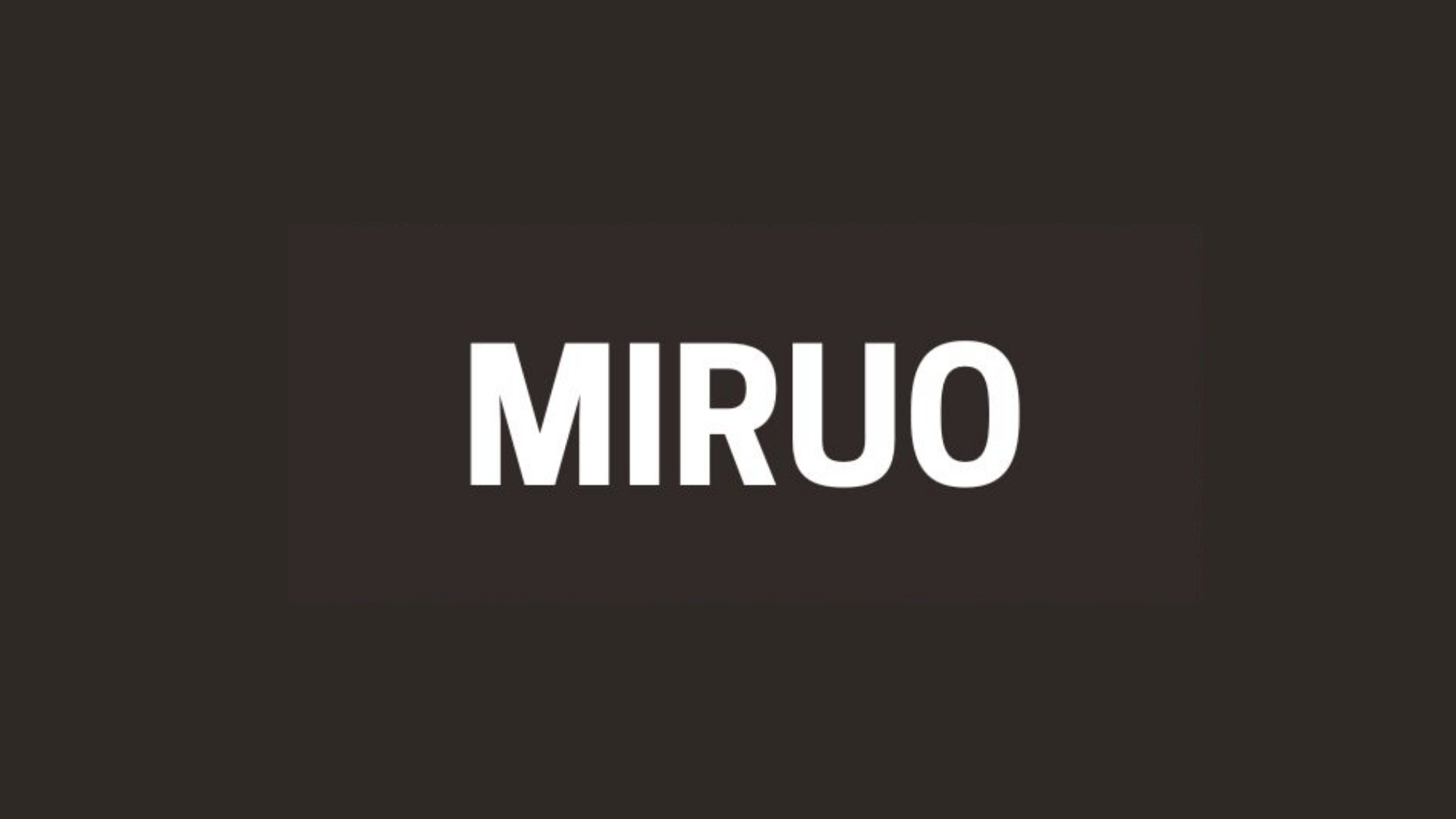
MIRUO’s SPC vinyl flooring presents installation challenges even for professionals. The click-lock system often misaligns, and products frequently arrive with damaged edges.
Surface wear is uneven, and many customers report a lasting chemical odor after installation.
| PROS | CONS |
|---|---|
| SPC core for stability | Difficult installation |
| Good initial appearance | Damaged product common |
| Moderate price point | Persistent chemical odor |
| Some water resistance | Uneven surface wear |
| Decent thickness | Problematic click-lock system |
4. NeuType
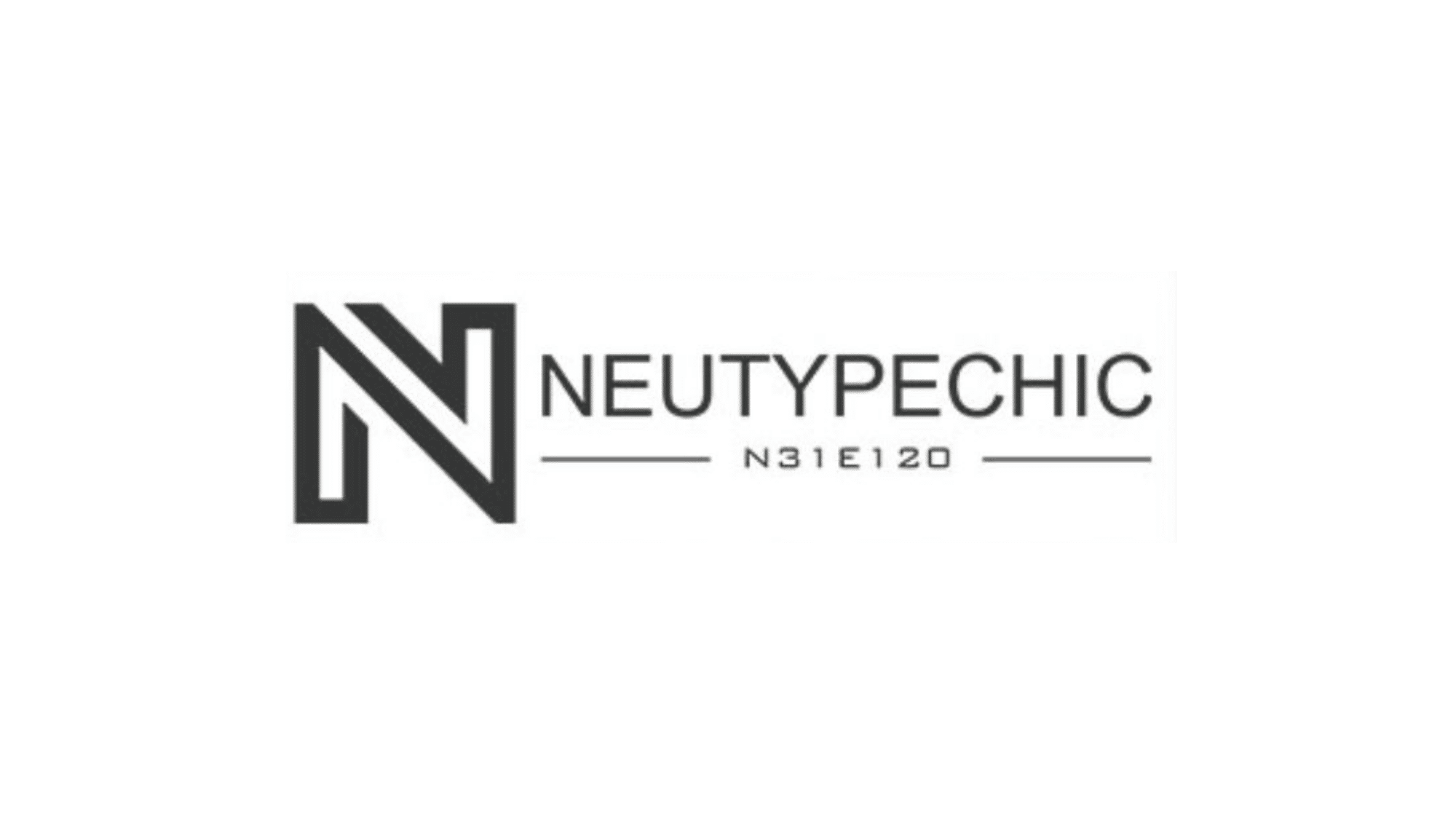
Neu Type’s luxury vinyl planks fade quickly in sunlight and have inconsistent thickness between planks.
The surface scratches easily from furniture and pet claws, and the limited style selection makes replacing damaged sections nearly impossible without redoing entire rooms.
| PROS | CONS |
|---|---|
| Attractive initial look | Rapid fading in sunlight |
| Reasonable price | Inconsistent plank thickness |
| DIY-friendly design | Extremely scratch-prone |
| Lightweight material | Poor color matching |
| Quick installation | Limited style options |
5. MSI

MSI Rutledge vinyl flooring expands and contracts drastically with temperature changes, causing buckling and separation.
The wear layer is thinner than industry standards, and the printed wood-look layer shows scuff marks that can’t be removed. Variations in dimensions make installation complex and wasteful.
| PROS | CONS |
|---|---|
| Attractive wood patterns | Excessive expansion/contraction |
| Good initial appearance | Thin wear layer |
| Competitive pricing | Visible scuff marks |
| Name-brand recognition | Inconsistent dimensions |
| Reasonable color selection | Installation difficulties |
6. Armstrong Flooring
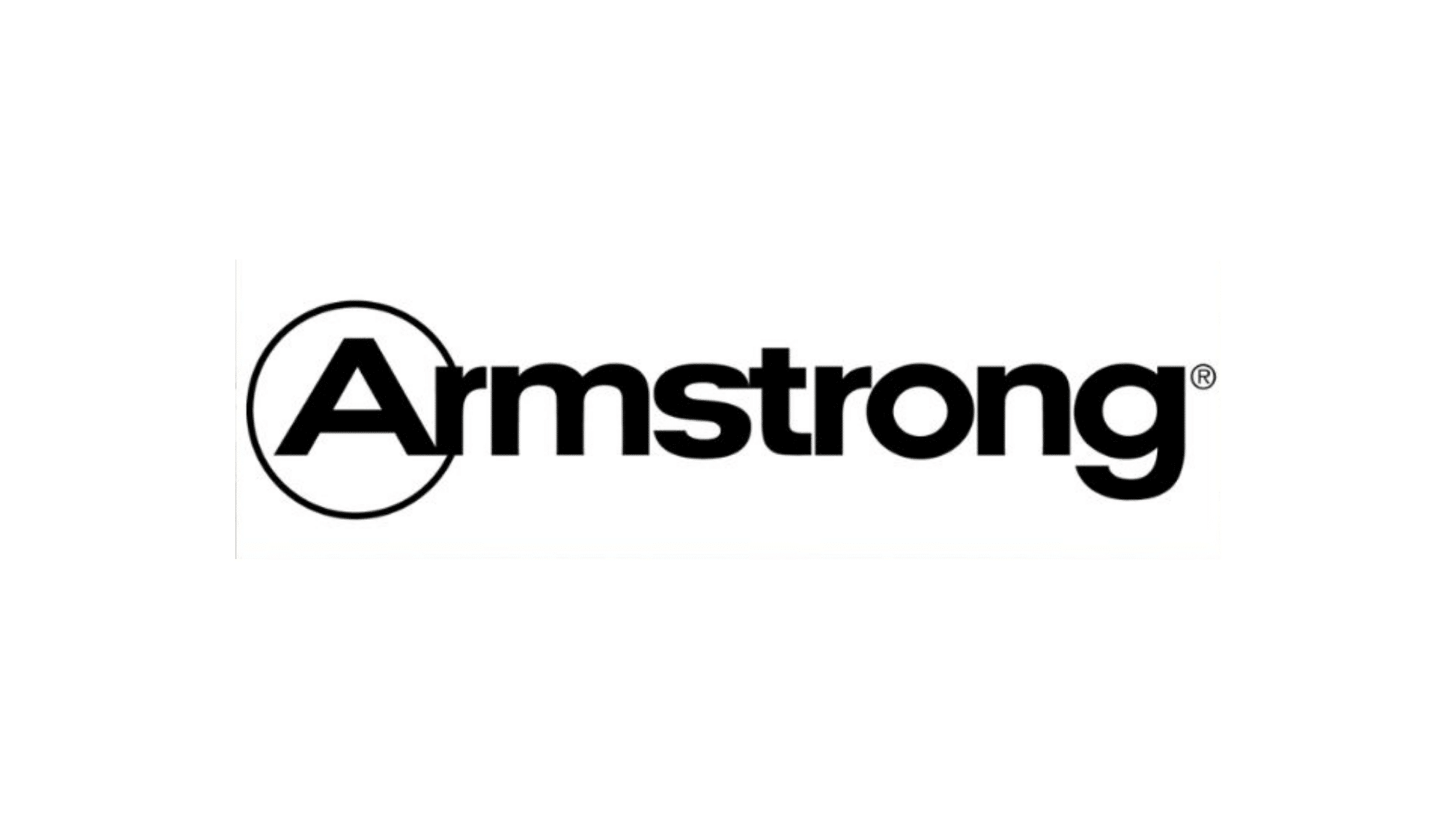
Armstrong’s Rigid Core flooring disappoints with its susceptibility to water damage despite water-resistance claims. The core swells when exposed to moisture, causing permanent warping.
The surface shows scratches prominently, and the locking system often separates under normal use.
| PROS | CONS |
|---|---|
| Established brand name | Poor water resistance |
| Good style variety | Visible scratching |
| National distribution | Problematic locking system |
| Comprehensive website | Core swelling with moisture |
| Professional installation available | High price for performance |
7. Shaw Floors
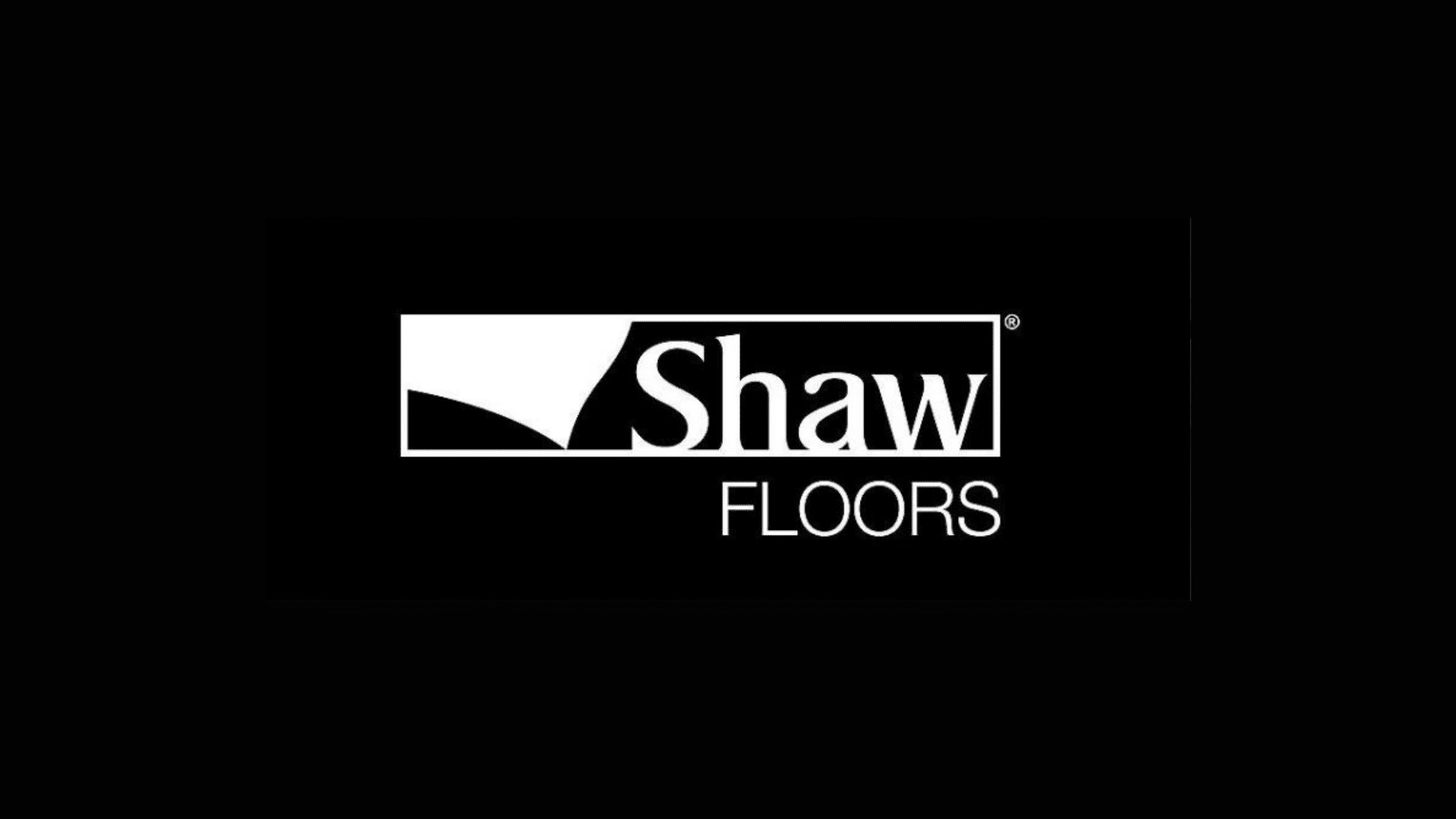
Shaw vinyl flooring has poor color consistency between batches and tends to compress under furniture, leaving permanent dents.
The finish is difficult to clean, often streaking with standard cleaning products. Despite higher pricing, durability falls short with visible wear patterns appearing within 18 months.
| PROS | CONS |
|---|---|
| Brand reputation | Poor color consistency |
| Good thickness | Compresses under furniture |
| Professional installation network | Difficult to clean |
| Decent warranty terms | Cleaning products cause streaking |
| Wide distribution | Premature wear patterns |
Daily and Weekly Vinyl Floor Care Best Practices
Simple daily habits and weekly cleaning routines protect the beauty and durability of your vinyl plank flooring.
Daily care involves sweeping or vacuuming regularly with a soft brush attachment to remove dirt and grit, cleaning spills immediately to prevent staining, and using entrance mats at doorways.
Weekly maintenance requires mopping with a damp microfiber mop using lukewarm water and pH-neutral cleaners specifically formulated for vinyl flooring.
Avoid steam mops, abrasive cleaners, wax-based products, or harsh chemicals like bleach or ammonia, as these can damage the surface and adhesive.
Common Vinyl Flooring Maintenance Mistakes That Cause Damage
Understanding what not to do is just as important as proper care techniques.
These common mistakes can significantly reduce your flooring’s lifespan and appearance.
- Never use excessive water that can seep between seams and damage the subfloor structure
- Avoid rubber-backed mats and oil-based products that cause discoloration and attract dirt buildup
- Skip abrasive scrubbing tools like steel wool or vacuum cleaners with beater bars
- Don’t drag heavy furniture across floors; always lift and use felt pads under legs
- Limit direct sunlight exposure with window coverings to prevent fading and discoloration
Following these maintenance practices will preserve your vinyl flooring’s appearance and structural integrity, giving you years of reliable service while avoiding costly premature replacement.
The Bottom Line
While vinyl flooring continues to be a practical option for many homes, choosing the right brand is crucial for long-term satisfaction.
By avoiding these problematic brands, you can save yourself the frustration and expense of premature replacement.
When shopping for vinyl flooring, look for products with thicker wear layers (at least 12-20 mil for residential use), robust warranty protection, and positive reviews from customers.
Working with experienced installers who have specific knowledge of vinyl products can help ensure that your new floors perform as expected and provide the value you deserve.

